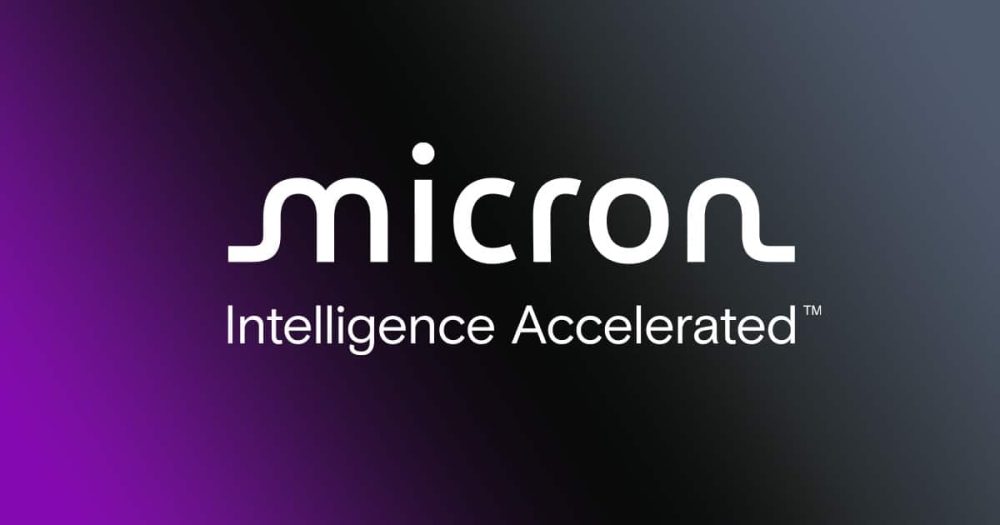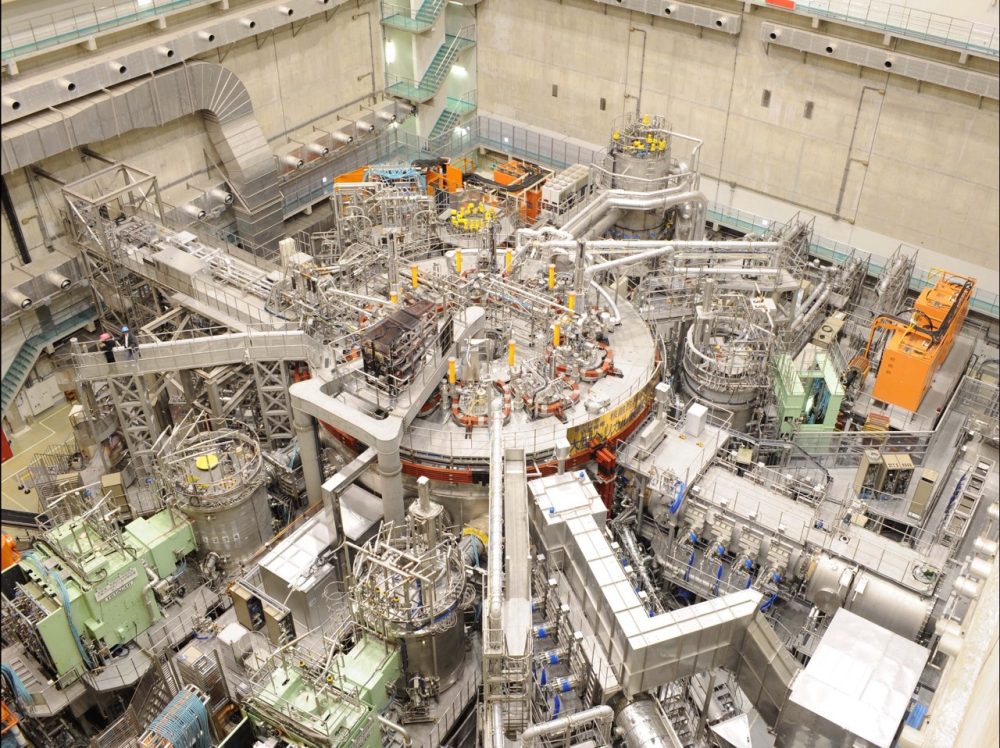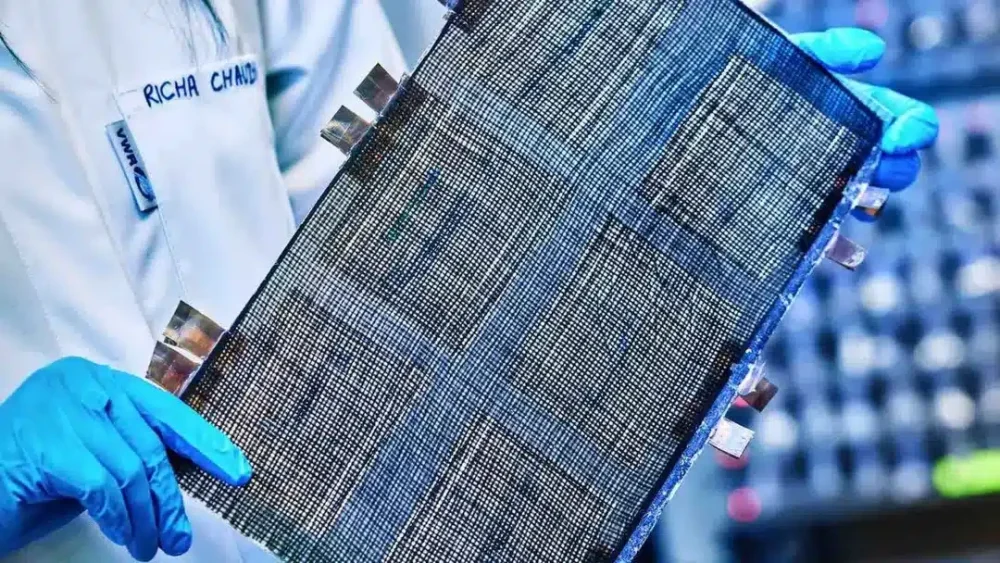Micron Technology saw its shares climb significantly in premarket trading Thursday, continuing a strong rally fueled by growing analyst optimism over demand for memory chips used in artificial intelligence.
The stock rose more than 3% after Citigroup raised its 12-month price target to $240 from $200 and reiterated a Buy rating. This follows a similar upgrade from UBS, which lifted its target to $245. The bullish sentiment underscores a widespread belief that a critical shortage of Dynamic Random-Access Memory (DRAM) chips is creating a favorable and sustained pricing environment for the memory maker.
Unprecedented AI Demand Driving Forecasts
In a note to clients, Citi analyst Christopher Danely stated that DRAM is poised to see “unprecedented” demand from the AI sector. He argued that the chip’s importance and current undersupply will lead to long-term contracts with AI companies, mirroring trends seen with other semiconductor giants like NVIDIA, AMD, and Broadcom.
“We believe this will benefit Micron via higher and sustainable DRAM pricing and should enable Micron gross margins to get back to the peak of 60% with peak EPS above $23.00, almost double the previous peak of $12.26,” Danely wrote.
Revised Financial Outlook
Reflecting this optimistic outlook, Danely substantially raised his financial forecasts for Micron. He now expects the company to generate $62.5 billion in revenue and $21.05 in earnings per share (EPS) for fiscal 2026, a significant increase from previous estimates of $56 billion and $16.93 per share. The analyst also raised his projections for fiscal 2027 and 2028.
A Breakout Year
The positive analyst actions cap a remarkable year for Micron. The company’s share price has surged more than 140% year-to-date, driven by impressive earnings results and the critical role its high-bandwidth memory plays in training and running advanced AI models. As the AI boom continues to strain semiconductor supply chains, Micron is positioned as a key beneficiary, with its recent performance signaling strong investor confidence in its long-term growth trajectory.


